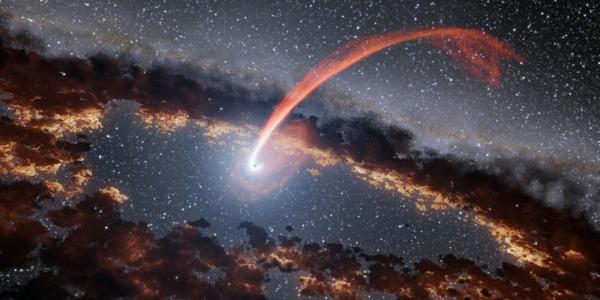Space Sciences/Astrophysics Seminar with Rebecca Phillipson on A Nonlinear Perspective on Accreting Compact Objects
Accreting compact objects such as neutron stars and black holes in X-ray Binaries (XRBs) and the supermassive black holes at the center of galaxies, called Active Galactic Nuclei (AGN), exhibit complex variability in their emission. The variability is ubiquitous and operates over a wide range of timescales from seconds up to years. Traditional studies of XRBs and AGN in large time domain surveys aim to connect stochastic characterizations of the variability to the underlying physical processes responsible for accretion onto the compact object, but frequently fail to capture nonlinear or higher-order modes of variability. Methods from topology and nonlinear dynamics distinguish between deterministic, chaotic, and stochastic behavior, and can be used to identify modes of variability that relate to dominant accretion processes. I will review several applications of nonlinear dynamics and chaos theory to the study of both XRBs and AGN that show a connection between nonlinear behavior and the underlying accretion processes. I will outline an approach from nonlinear time series analysis called recurrence analysis applied to the systematic and ensemble study of variable sources that can inform current and future time domain missions.
Sponsored by the McDonnell Center for the Space Sciences.

